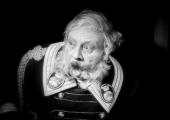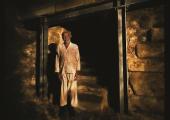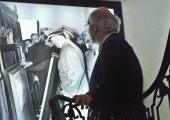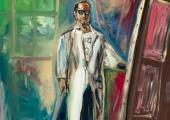Anastasia, Royal Ballet
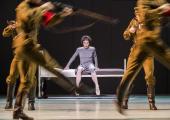
Ballet about identity and memory is flawed but fascinating
The reception of Kenneth MacMillan's ballet Anastasia has some similarities with that accorded the Berlin asylum patient who some believed to be the lost Romanov Grand Duchess. For supporters who wanted to believe in the fairytale, Anna Anderson's awkwardness, her lack of Russian, her facial dissimilarity to the Tsar's youngest daughter, could all be turned to postive account; her unlikeness became evidence of likeness.

